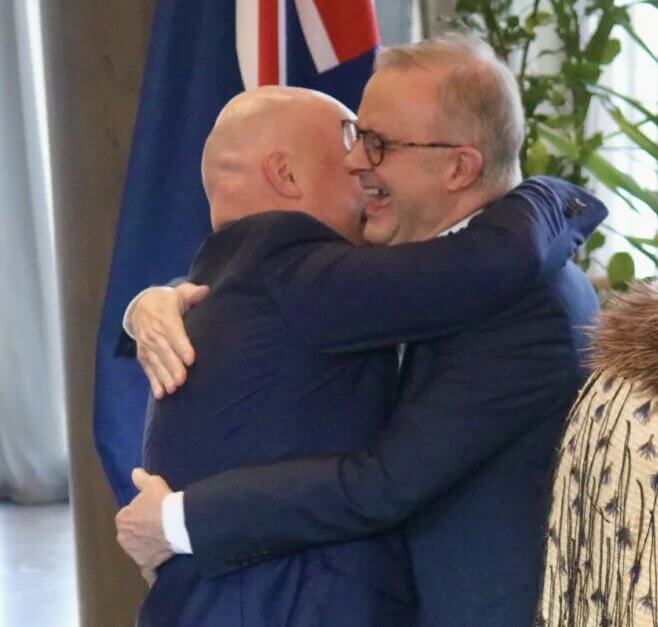Summarised by Centrist
Greens co-leader Chlöe Swarbrick insists the party’s proposed wealth tax is a matter of “fairness” and an essential step toward a “needed redistribution” of wealth in New Zealand.
The Greens’ 2025 budget document proposes raising about $89 billion through a combination of a wealth tax, an inheritance tax, and reinstating the 10-year bright-line test.
Swarbrick contrasts the wealth tax with the capital gains tax (CGT) Labour is expected to propose, arguing that a wealth tax delivers revenue faster and redistributes the tax burden more effectively.
“It’s what New Zealanders want and need,” she said while also claiming to understand what coal miners want, saying they seek “a decent income to be able to stay in their community and to feel a sense of pride.”
Editor’s note: A wealth tax is a yearly tax on the total value of a person’s assets, like property, investments, and savings, that must be paid whether or not those assets have been sold. This ironically makes “fairness” difficult because valuing unsold assets accurately can be very challenging. Wealth taxes can trigger capital flight and be difficult to administer.
Wealth taxes remain rare globally, often limited to smaller or more affluent nations with tight tax enforcement and fewer incentives for capital flight. Examples today include Switzerland and parts of the Netherlands, where lower risks of capital flight make such taxes more feasible. Several countries that once had wealth taxes, such as France, Germany, and Sweden, abolished them in recent decades after finding them ineffective or counterproductive.
The NZ Herald coverage did not explain why Swarbrick believes a wealth tax would succeed in New Zealand’s very different economic and regulatory environment, where capital flight is an ongoing and serious issue.



















